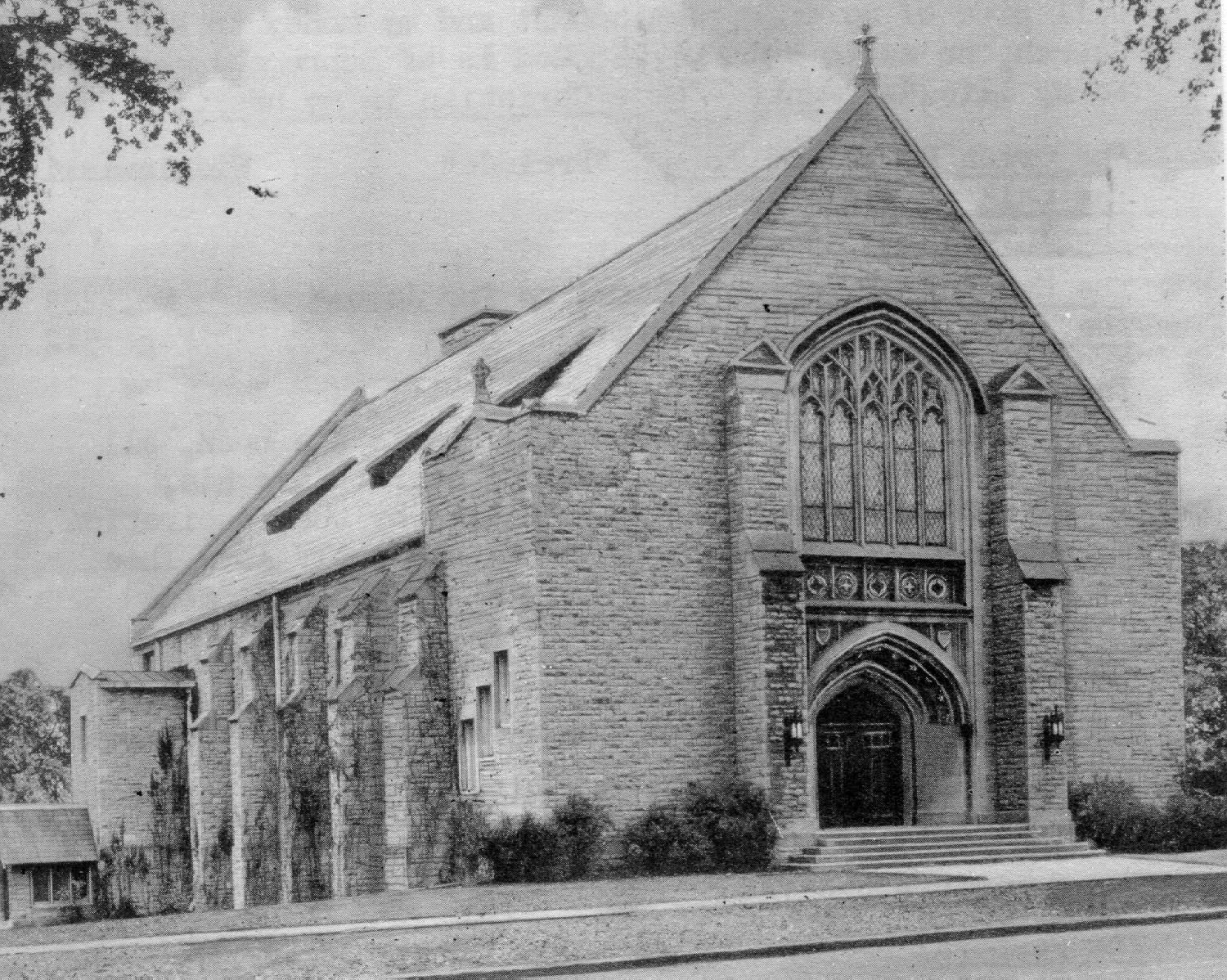“In mid-September, at the annual Missional Summit—a gathering of leaders from all across the EFCA— four leaders with diverse perspectives shared with attendees about how they interpret the term ‘evangelical.’” Pastor Bryan was one of those leaders who addressed the specific question: What does it mean to be evangelical when you’re a young, urban church? Read his summarized talk below and make sure you read all of the perspectives at the EFCA blog.
A decade ago, I helped plant the church that I now pastor in Saint Paul, Minnesota, in an area of the city that is unique, diverse and constantly changing. There is a rich culture of food, art and summer festivals. And like many urban areas, we are in a progressive part of town. It’s common to see rainbow flags on front porches or signs promoting liberal positions and politicians in our neighbors’ yards. Anti-Trump protests happen regularly right around the corner from our church.
This is the environment where our ministry is taking place. So how do we reckon with the term “evangelical” and with all of the negative connotations it carries today? A simple answer I’d give is that we are protestant at the front door and evangelical around the table.
What does this mean? We’re protestant at the front door because there is a long history of Catholicism in Saint Paul. People are open to religious expression, tradition and Christian communities. When we decided to name our church, I called on my unchurched friends for their opinions. They didn’t like all of the hip names that were popular for churches at the time; they didn’t like “warehouse” or “vintage” or the “woodshed.” They didn’t trust those names, because if they wanted to explore the Christian faith, going to the “woodshed” didn’t sound like a safe place to be. They wanted names that were rooted in Christian tradition. And so we named our church Trinity City Church.
Some people ask me, “Are you a liberal or conservative church?” My answer is that we’re both. We believe that the Trinity has deep historical and theological roots. We don’t have any theological surprises here. We affirm the Apostle’s Creed and the Nicene Creed, and in that sense, I guess we’re conservative. But we’re also a city church that changes with the city, so in that sense, I guess we’re liberal.
We didn’t include the words “Evangelical” and “Free” in the name of our church. “Evangelical” comes with so many stereotypes. Even 10 years ago, for many in my city, “evangelical” meant a voting bloc rather than a people with a particular theological heritage. The current political climate has only heightened this assumption. So we don’t lead with the word “evangelical.” Our website says that we belong to a protestant denomination and if someone wants to have a conversation about it, we go deeper.
When I go deeper, I say that we’re part of the Free Church, a movement started by Scandinavian immigrants who were breaking free from the state-run Lutheran church. Typically, in my setting in Saint Paul, this reference to Scandinavians and Luther opens up the conversation more than the word “evangelical” would. But we’re honest and up front about it if people ask. I’m not ashamed of our evangelical heritage, but there are things we need to learn from and repent of in our history. To me, I define “evangelical” as people who believe in the five “Solas” and in the priesthood of all believers. American evangelicals can be known by their belief in the authority of Scripture, the centrality of the cross, the necessity of conversion and the expression of faith through activism.
Ultimately, we make a distinction between big-E Evangelicalism and little-e evangelicalism, drawing from Timothy Keller in his 2017 piece in the New Yorker. Big-E Evangelicals self-identify as evangelical but share few of the central theological beliefs that have united evangelicals throughout history. Big-E Evangelicalism has become a default identity that looks more like a civil religion or a political or nationalistic identity rather than a theological heritage.
In contrast, we’re little-e evangelicals: people united in the historical, confessional, multiethnic and global movement of the gospel of Jesus Christ, with no political allegiance or political identity. This is what we hold fast to. We are faithful to the Lord’s commission and lift high the Name that is above every name. I don’t know what we’ll call ourselves in the future, as a movement of enduring saints, but I know that the name we will continue to confess is that of Jesus Christ—and that is the only Name that matters.
“Alejandro Mandes, executive director of All People ministry, opens the Q&A session for the four speakers (left to right): Pablo Cachon, Bryan Lair, Jenni Key and Kenneth Young.”
Credit: EFCA



